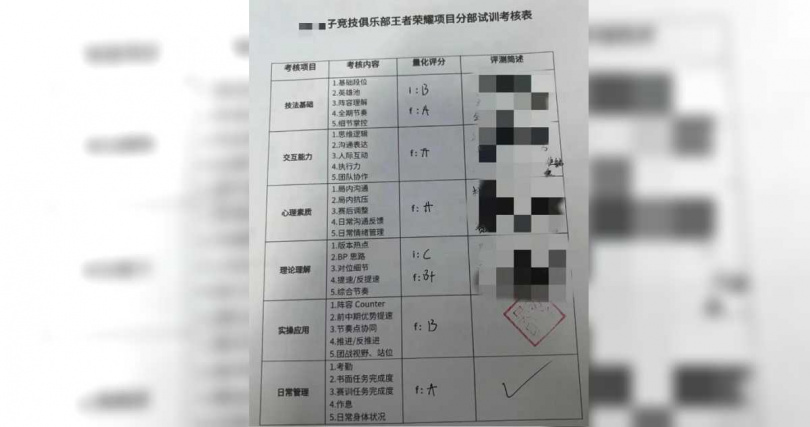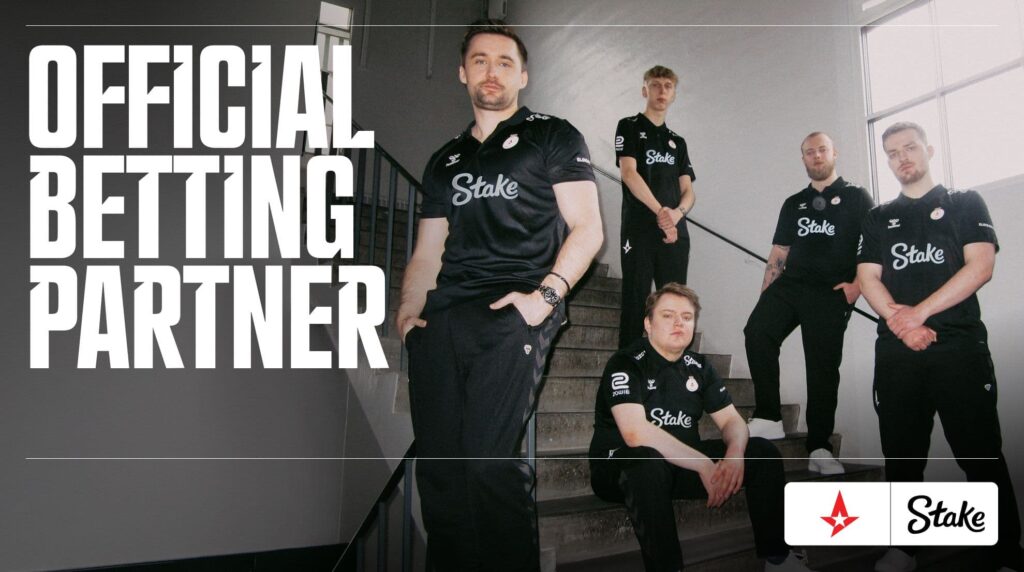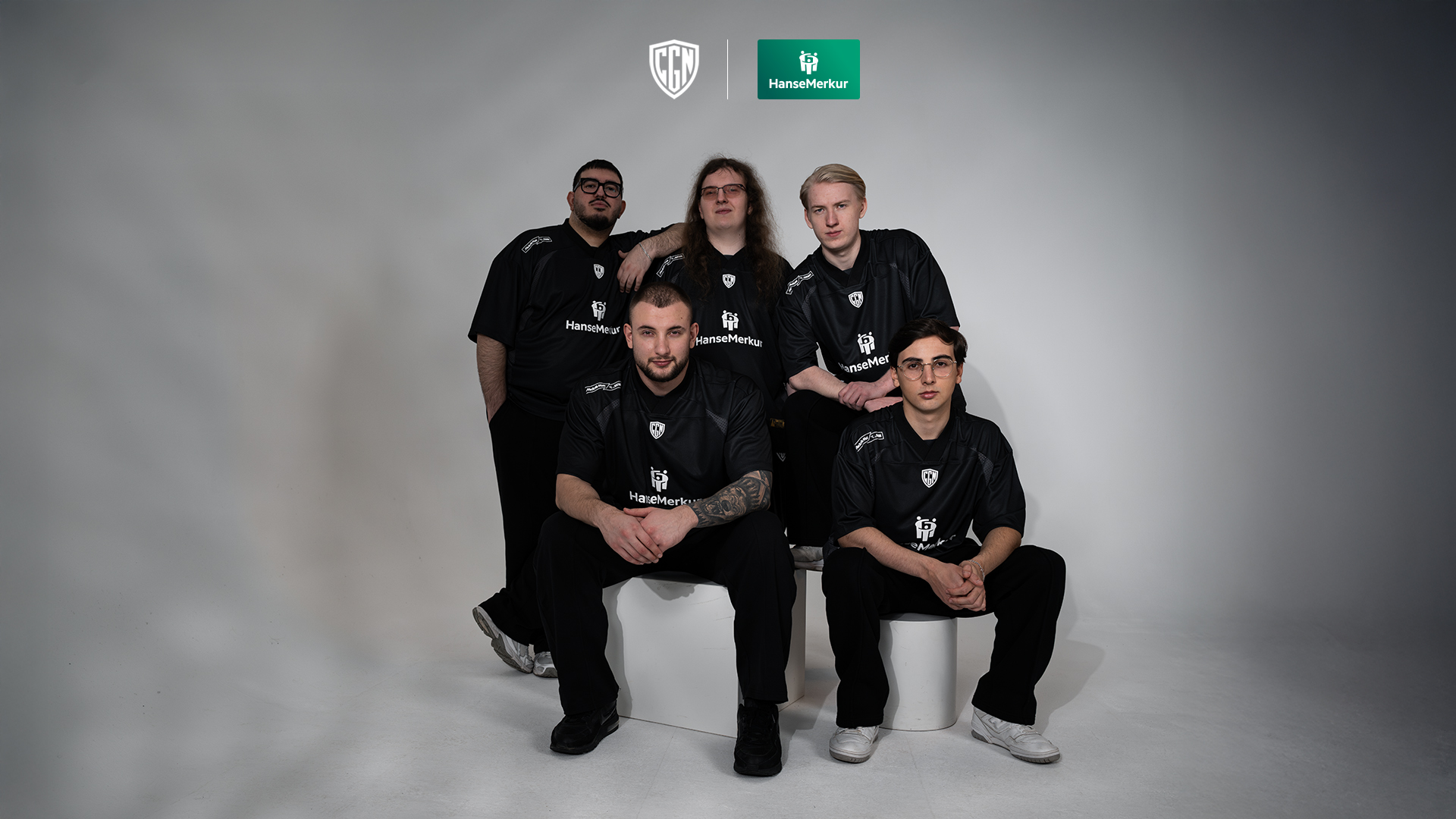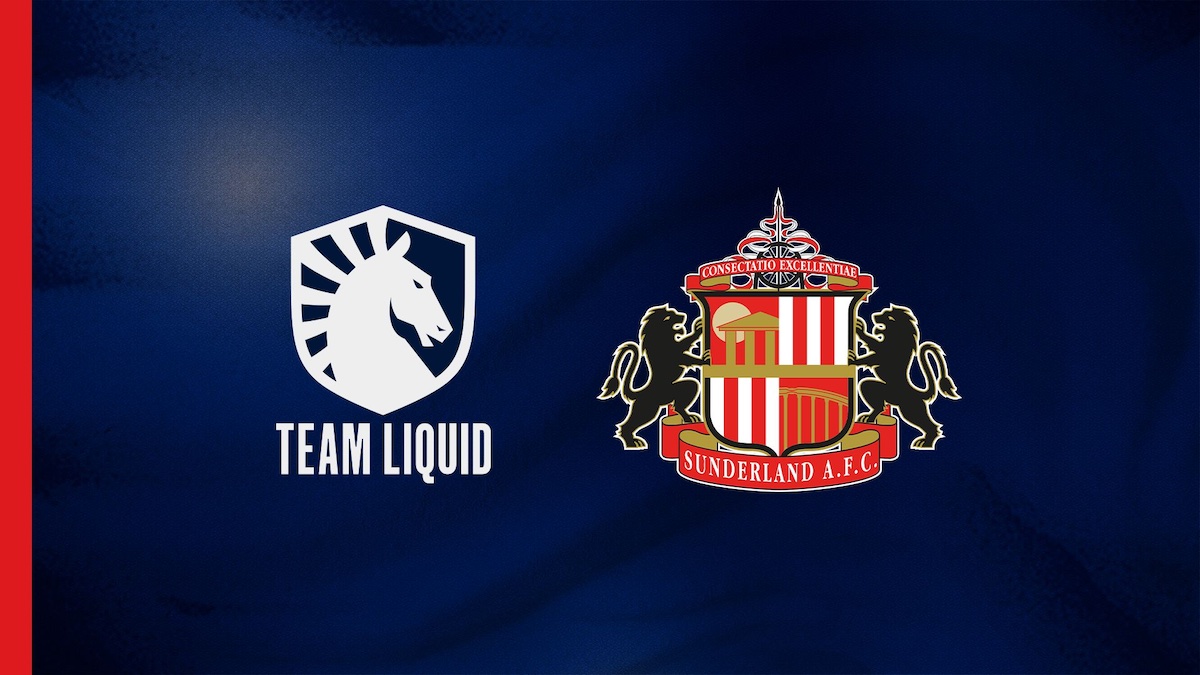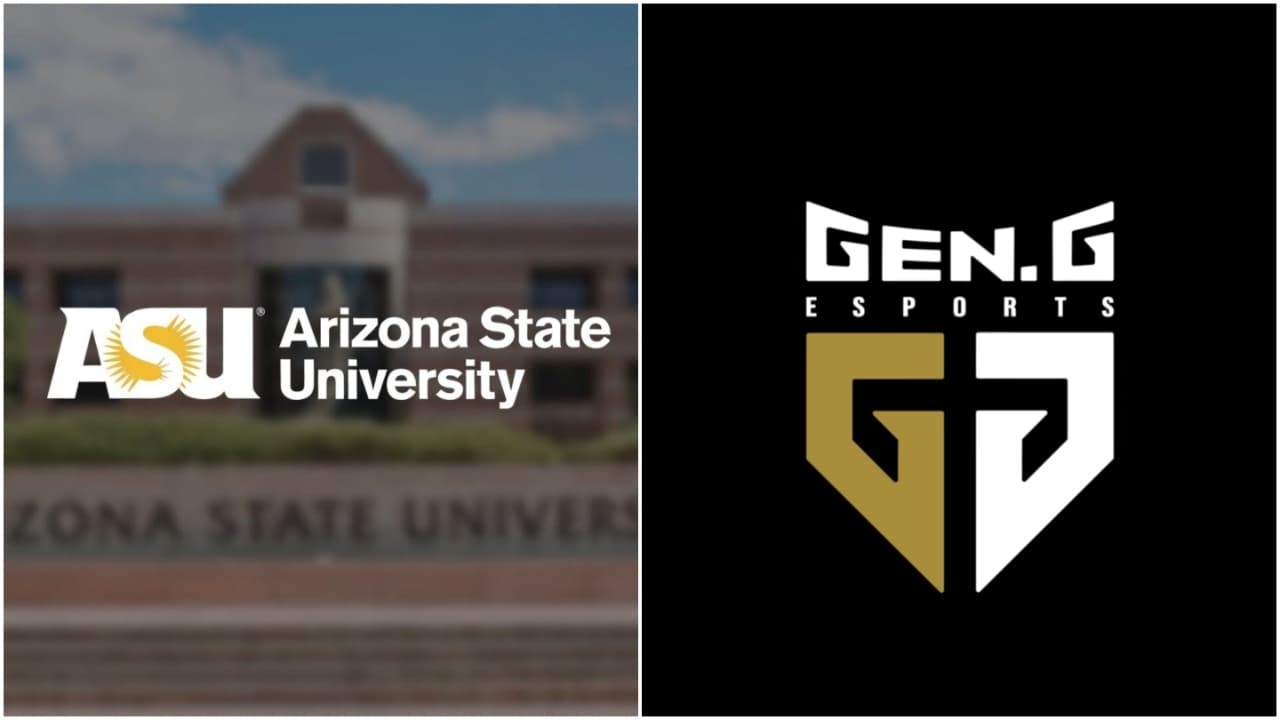A growing trend among Chinese esports clubs is the emergence of “esports quitting classes,” designed to help teenagers reduce gaming addiction or reconsider professional gaming ambitions. One club in Shijiazhuang, Hebei Province, whose name could not be found, charges over 10,000 RMB (~$1,400 USD) for a 22-day course, with shorter seven-day programmes available for around 1,000 RMB (~$140 USD), according to Chinese publication EBC.
Founded in 2018, the club initially aimed to identify potential esports talent, but founder Su Chenhao said that many attendees are instead “internet-addicted teenagers” being persuaded to quit. High-intensity courses, introduced in late 2023, involve rigorous physical and gaming exercises, with veteran coaches emphasising the challenges of professional esports careers.
Su noted that the training can be emotionally taxing. “Once everything becomes a KPI assessment, it becomes extremely boring. In this high-pressure and boring atmosphere, gaming becomes a task more arduous than studying,” he said. Some students reportedly cry and ask to leave within the first days of training.
Since 2018, nearly 4,000 teenagers have attended the club. While 85% initially hoped to pursue professional esports or believed in their gaming talent, many were seeking an escape from reality. Su said most eventually return to normal life, though a small number remain reluctant to leave and are encouraged to participate during school vacations as a way to maintain engagement while returning to education.
A similar trend has been observed in Sichuan province, where another undentified esports club reportedly accepted 700 students over the past eight years but sent only three players on to professional clubs, according to the South China Morning Post. Club owner Hou Xu estimated that the chance of an aspiring gamer turning professional is roughly one in 120,000.
He described one of the key functions of his classes as dissuading unqualified students from pursuing professional careers. An online observer commented that the model can be seen as mutually beneficial: the club generates revenue while children are guided away from gaming addiction.



